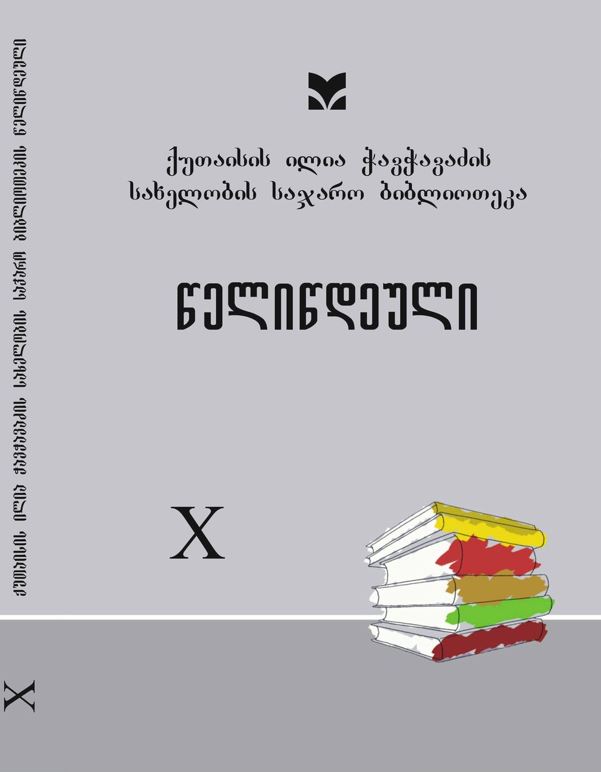Giorgi Kipiani - A Restored Poet
Abstract
Serving one’s homeland with the word and pen is the choice of the chosen ones, which is a great mission to the epoch and history.
This mission was undertaken by immigrant Giorgi Kipiani, who works under the ocean of foreign origin.
The greatest thirst for the homeland is the voiced “Kutaisi” poem written in the 60s of the last century.
Giorgi Kipiani devoted all his life and work to serving the Georgian culture abroad. In emigration, he was considered a poet. The undisputed art of speech and the thoughtless expression of thought.
Giorgi Kipiani was born in 1910 in Kutaisi. His relatives called him Tukia.
He was completely new to the national movement and, after participating in the uprising in 1924 led by Kakutsa Cholokashvili, the 15-year-old boy was forced to move from the homeland.
In Kutaisi, he studied at the gymnasium and, on arrival in Paris, the young man was attached to the graduate of this gymnasium Viktor Nozadze. Among them were Isidore Manzkabava and Eduard Papava, who were working in Paris magazine “Caucasus” as publishers. In 1930, Giorgi Kipiani published his first poems on the pages of the magazine “Caucasus”.
In 1935, Giorgi Kipiani’s first collection was published in Paris by famous Kutaisi publisher David Kheladze and the second “ChariqSharaThere”, whose foreword was sent from Geneva by Grigol Robakidze, was published in 1951.
The poet’s two collections “Poems 1930-1965” and “Poetry and Life Vine” - were published in 1973 by Victor Nozadze.
In 1975, the French poet “In Poete Georgien a Paris” was published in the French language by “One of the Georgian Poets in Paris”, which was greatly appreciated by French poetry lovers.
Giorgi Kipiani was very sick. Homeland - The lost man’s sadness - nostalgia - that was the name of the disease that had caused his death.
The poet died in 1965 so that he could not see his native places. On the day of his cremation, the XXI issue of the magazine “Caucasus” was published. The poorest of the poor poets left the Georgian cemetery of Levi. His grave was added to the graves of other deceased Georgians. His sculpture has an inscription “le poete”.




